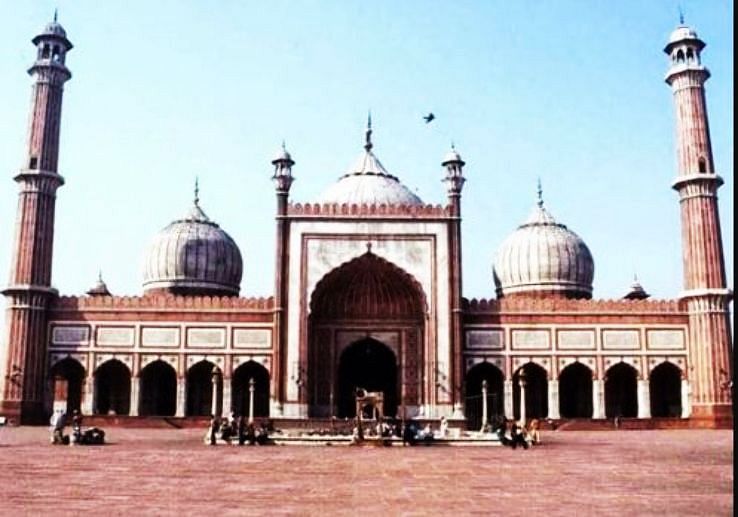New Delhi: Muslim women like men are permitted to enter mosques for offering ‘namaz’, the All India Muslim Personal Law Board (AIMPLB) told the Supreme Court.
The AIMPLB reply was filed in response to a PIL of Yasmeen Zuber Ahmad Peerzade who has sought judicial intervention in ensuring entry of Muslim women in mosques. It will be considered by a nine-judge Constitution bench headed by Chief Justice SA Bobde.
The bench is dealing with legal and constitutional issues relating to discrimination against women in various religions and at religious places including Kerala’s Sabarimala Temple.
“Considering the religious texts, doctrine and religious belief of the followers of Islam, it is submitted that entry of women in the Mosque for offering prayer/ Namaz, inside the Mosque, is permitted. Thus, a Muslim woman is free to enter Masjid for prayers. It is her option to exercise her right to avail such facilities as available for prayers in Masjid. The All India Muslim Personal Law Board does not want to comment on any contrary religious opinion to this effect,” Mohammed Fazlurrahim, Secretary of AIMPLB, said in his affidavit filed through lawyer MR Shamshad.
However, the affidavit also said Islam has not made it obligatory on Muslim women to join congregational prayer nor is it obligatory for woman to offer Friday Namaz in congregation though it is so on Muslim men.
“The Muslim woman is differently placed because as per doctrines of Islam she is entitled to the same religious reward (Sawab) for praying as per her option either in Masjid or at home,” it said.
The AIMPLB contended that it is not appropriate for the top court to enter into questions of practices based upon religious beliefs.
The affidavit said that religious practices in mosques are regulated by private bodies concerning its Muttawalis and the AIMPLB, being an expert body can only issue advisory opinion based on Islam.
“This court for that matter, cannot enter into the arena of detailed arrangements of a religious place, which is completely privately managed entity for religious practices of believers in particular religion,” said the affidavit.
PTI

